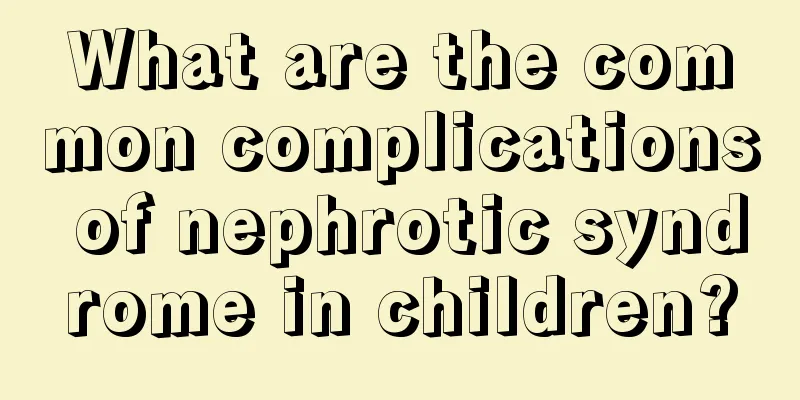What should babies who are allergic to milk eat?

|
Milk allergy is a gastrointestinal disease that occurs after drinking milk. Generally, babies who are just two months old are more likely to suffer from this disease. Generally, the condition will gradually improve when the baby is two years old. Babies generally experience symptoms such as vomiting, diarrhea, and coughing. At this time, you can go to the hospital for systematic examination and treatment. When your baby shows symptoms of milk allergy, the mother will definitely worry about what the baby should eat. The following is some relevant knowledge: Daily feeding method: There is no doubt that breast milk is the most ideal food for babies. In general, babies who are breastfed have a lower risk of developing allergies than those who are fed regular infant formula containing intact cow's milk protein. This is because the protein in breast milk is the same protein as the baby and has very low allergenicity; breast milk contains probiotics such as bifidobacteria, which can help the baby establish a healthy intestinal flora, regulate the baby's immune system, and reduce the risk of allergies. If the baby is allergic to milk and objectively cannot be breastfed, low-allergy formula milk with processed protein should be the first choice. Choosing extensively hydrolyzed protein formula or amino acid formula instead of regular formula is the best dietary treatment for infant food allergies recommended by international pediatric experts. Deeply hydrolyzed protein formula milk powder: This milk powder uses a special process to cut the large-molecule milk protein in milk that causes allergies into small fragments, which can be directly absorbed and utilized by the human body without inducing abnormal immune responses. Therefore, it is used to treat babies who are allergic to milk. Free amino acid formula milk: This type of formula milk does not contain peptides and is composed entirely of free amino acids in a certain ratio. It contains no allergens at all. For infants at risk of severe allergic reactions, amino acid formula milk should be the first choice. The above is some knowledge about what babies should eat if they are allergic. At this time, babies should be careful not to eat bread, salad dressing, colostrum, milk candy, biscuits containing milk, etc. Until the baby recovers. When mothers choose food for their babies, they must be careful not to choose foods containing milk ingredients to reduce stimulation to the baby's body. |
<<: What to do if your child is allergic to milk
>>: What to do if you are allergic to egg yolk
Recommend
What should I do if my one-month-old baby has a fever?
Many newborn babies are treated as treasures by t...
How much milk powder should be used for newborn babies
After the baby is born, breast milk and formula a...
Methods for babies fed with pure milk powder
After giving birth, mothers find that they have n...
Six-year-old child's front teeth are growing inside
A six-year-old child has a tooth growing inside h...
Is a big head in a newborn a disease?
Big Head Son seems to be a character that only ha...
What should I do if my baby has less and yellow hair?
Parents pay special attention to their baby's...
What to do if your five-month-old baby has bad breath
The arrival of a child brings infinite joy to the...
How to treat simple pityriasis in children
Everyone is familiar with the skin disease pityri...
How to do family rehabilitation training for children with cerebral palsy
Cerebral palsy in children is a relatively common...
What's wrong with the bloodshot on the child's face?
If there are blood streaks on the skin on the fac...
What should I do if my child has a fever after vaccination?
Because there are so many uncertain diseases that...
What should I do if my child has a high fever? Don't worry, mom
The thing that parents fear the most after becomi...
Inflammation of the left upper lobe of the lung in children
It is relatively common for children to get pneum...
What should I do if my child chokes while drinking water?
Many parents will encounter situations where thei...
Blue on both sides of the child's nose
If a child's nose wings appear to be in heat,...









